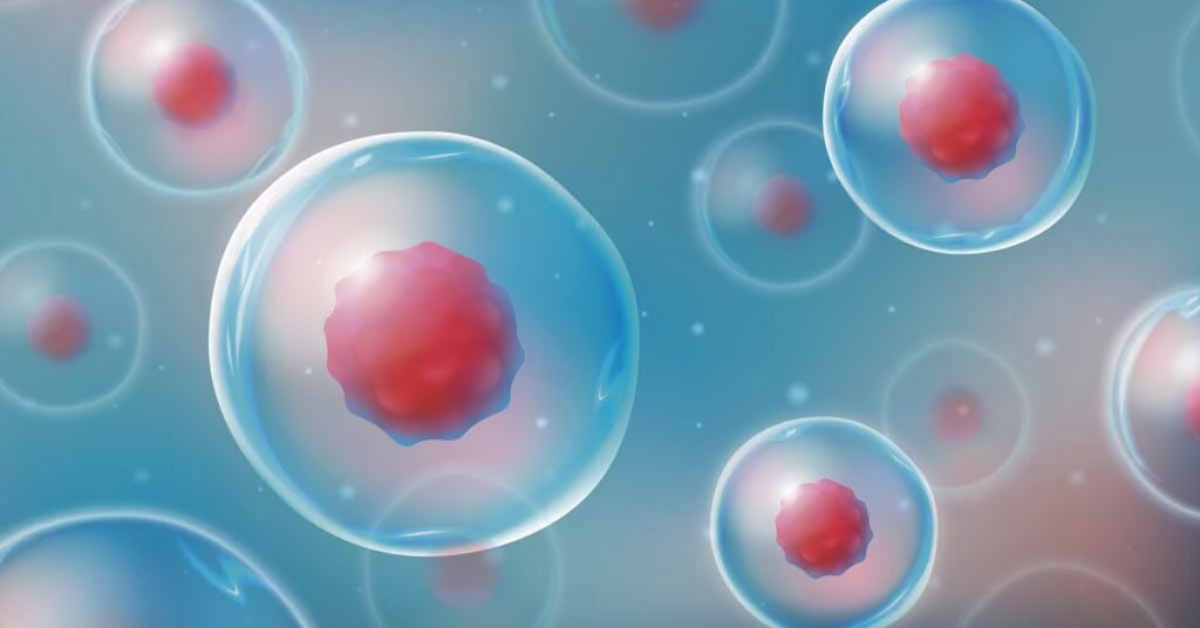Puerto Vallarta, Mexico - The United States Centers for Disease Control and Prevention (CDC) has issued a cautionary alert regarding a potential outbreak of extrapulmonary infections among three patients who underwent stem cell injections in Mexico during the year 2022. According to a recent CDC report dated May 9, the infections were attributed to Mycobacterium abscessus, a bacterium notorious for causing bacterial meningitis.






